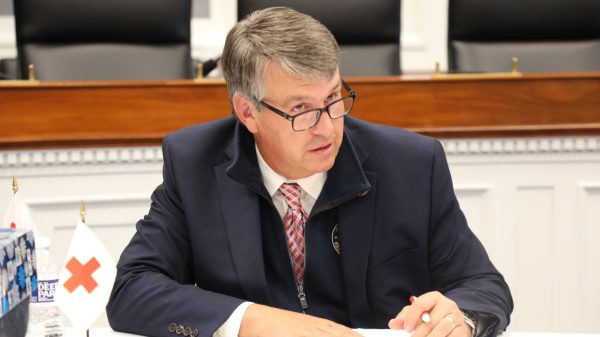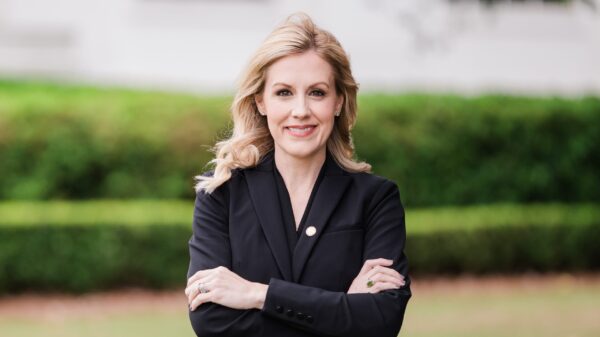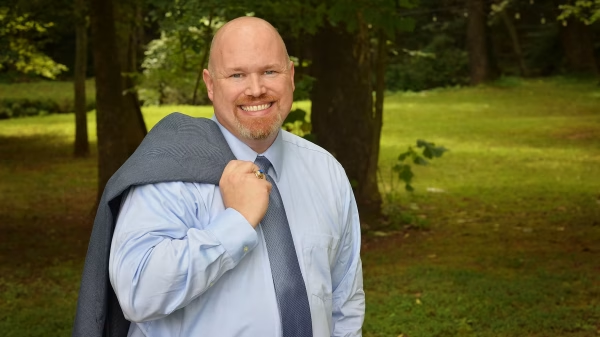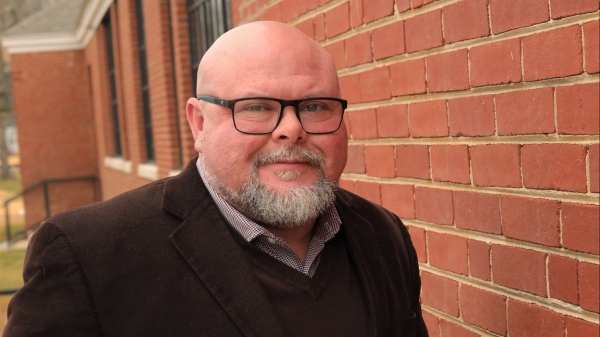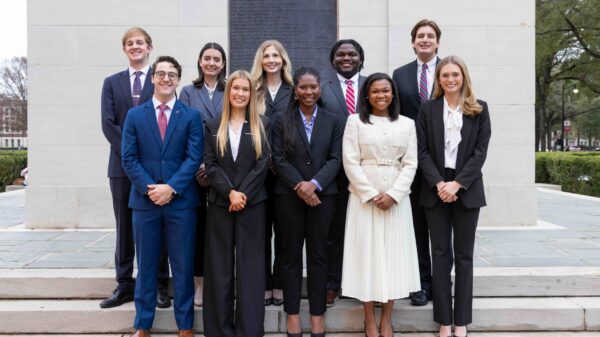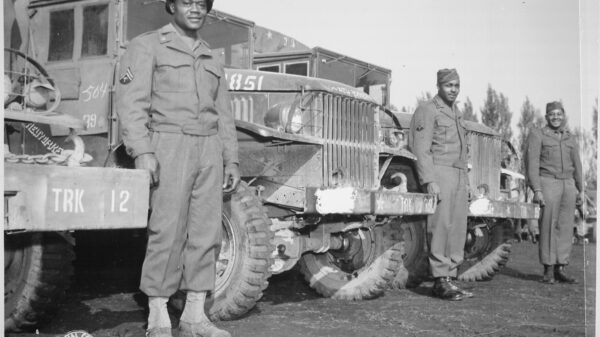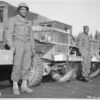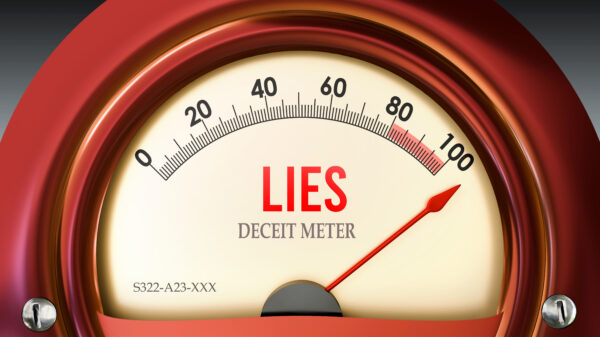By Josh Moon
Alabama Political Reporter
Governor Robert Bentley’s Gambling Advisory Committee received a crash course on Thursday on the detailed operation of a state lottery and learned the history and tax payments made by the state’s largest non-Indian casino, VictoryLand.
Louisiana Lottery president Rose Hudson and New Hampshire Lottery executive director Charlie McIntyre spent the better part of 90 minutes explaining to the committee the differences between lottery games, how Powerball and Mega Millions work together and the other various aspects of overseeing a statewide lottery.
The pair were frank about the various problems that often plague state lotteries, but also offered helpful advice should Alabama’s legislators ever push a lottery bill over what has thus far been an unsurmountable hill of opposition and indifference.
Among the advice offered by Hudson and McIntyre: Avoid the calls to narrowly define your lottery games, because it might significantly limit the profits from the games, and avoid the temptation to go overboard with aid for predicted increases in gambling addicts.
Hudson told the committee that a narrow lottery definition might not “cut the mustard” when it came to being flexible in order to keep up with changing trends, such as online and electronic games.
McIntyre and Hudson said that while a portion of profits from their states’ lotteries go to gambling addiction services – and both praised those services – they said the marketing of the services in conjunction with the lotteries has an adverse effect.
“We have the number (to the addiction service) on our lottery tickets,” Hudson said. “But lotteries are one of the least addictive forms of gambling out there. So, what that number does is flood the center with calls from people looking for information and wastes their time.”
Both Hudson and McIntyre also recommended that lawmakers be specific when setting up the oversight and functioning mechanisms of a lottery.
Of course, any lottery bill would have to pass the Legislature and then go to the people of the state for a vote. Two different lottery bills failed to make it out of the Legislature during the last session and a special session. An attempt by Senate President Pro Tem Del Marsh in the 2015 session also failed.
However, state polling conducted by GOP lawmakers and a respected polling firm has shown that Alabama residents are overwhelmingly in favor of some form of gambling. An impressive majority are in favor of legalizing all forms of gaming, including full casinos and a lottery.
But the popularity of the games among citizens has never seemed to matter to state lawmakers. Few know that better than Dothan attorney David Johnston, the longtime legal counsel for VictoryLand.
Johnston, who actually helped Milton McGregor and Paul Bryant Jr. open VictoryLand in 1984, spoke to the committee about the dog track and casino’s history and detailed some of its tax payments over its 32-year history.
Handouts provided by Johnston showed VictoryLand has paid out nearly $270 million in tax money, with a sizeable portion of that coming between 2004 and 2010 when electronic bingo machines were in operation.
That tax revenue, Johnston noted, came in despite the tax rate being much lower than the rates proposed in the most recent gambling bills.
At its peak, Johnston said, VictoryLand was operating more than 6,000 machines – the largest electronic bingo casino in America – and employed more than 2,500 people in Macon County. It was the county’s largest employer and one of the largest employers in the State.
That all changed in 2010, when former Gov. Bob Riley made the surprise decision – after six years of operation and Riley himself handing out a business award to McGregor – to declare electronic bingo illegal and form a task force to close casinos across the State.
VictoryLand has operated only sporadically since that time, failing to generate the revenue or tax dollars it once did. And over 2,000 of the former employees are gone.
In that void of competition, Johnston noted that the Poarch Creeks have achieved unprecedented success, while paying nothing in taxes to support the state’s expenses. With three casinos in operation, the Poarch Creek’s annual profits were reported three years ago to be nearly $500 million.
Johnston said he told Attorney General Luther Strange and his staff that it would be impossible to stop the Poarch Creeks from operating casinos in the state – a prediction that came true when the state lost its federal court case against the tribe.
Johnston also told the committee that he believes VictoryLand’s operation to be legal.
“I’m a very conservative man, and I have to say that to this very day, I believe that (VictoryLand) was legal,” Johnston said.
The committee will meet again on Dec. 15. It is expected to make a recommendation to the governor and legislature on the future of gaming in the state by the end of January.

